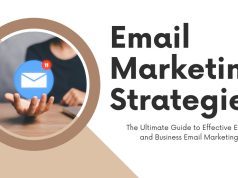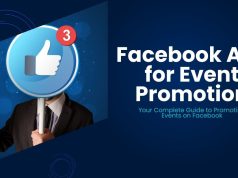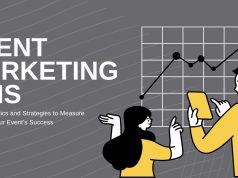B2B event marketing boosts leads and sales through targeted events, engaging content, and timely follow-up, using hybrid and virtual formats for maximum impact.
B2B event marketing has evolved far beyond simple networking mixers and trade show booths. Modern event marketing represents one of the most powerful channels for generating qualified leads, building meaningful relationships, and accelerating sales cycles. When executed strategically, events deliver an average ROI of $5 for every dollar invested, making them essential for businesses serious about growth.
This comprehensive guide will walk you through everything you need to build and execute a winning B2B event marketing strategy. You’ll discover how to select the right events, maximize your presence, and measure success effectively. Whether you’re planning your first event or looking to optimize existing efforts, these proven tactics will help you generate more leads and close more deals.
Understanding B2B Event Marketing
B2B event marketing encompasses any marketing activity centered around live, virtual, or hybrid events designed to engage business prospects and customers. This includes trade shows, conferences, webinars, product launches, customer summits, and networking events. The primary goal remains consistent: create meaningful connections that drive business results.
The power of event marketing lies in its ability to compress multiple touchpoints into concentrated experiences. Where digital marketing might require months of nurturing, a well-executed event can move prospects significantly through your sales funnel in just hours or days.
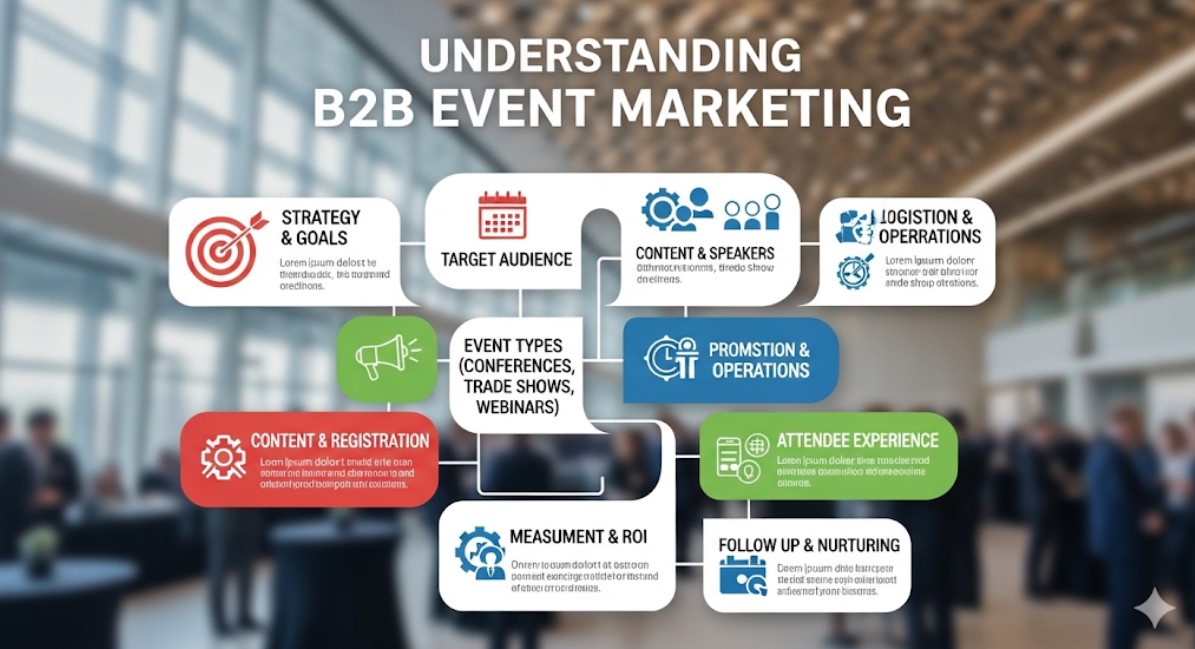
Types of B2B Events to Consider
Trade Shows and Conferences
Industry trade shows remain the backbone of many B2B event marketing strategies. These gatherings offer access to concentrated target audiences, competitive intelligence, and partnership opportunities. However, success requires strategic booth placement, compelling presentations, and systematic follow-up processes. Discover more in our event marketing ultimate guide.
Virtual and Hybrid Events
Digital transformation has permanently changed the event landscape. Virtual events offer cost-effective reach and detailed analytics, while hybrid formats combine in-person engagement with digital accessibility. Consider your audience preferences and budget constraints when choosing formats.
Executive Roundtables
Intimate gatherings of senior decision-makers create premium networking opportunities. These exclusive events position your company as a thought leader while facilitating high-value conversations. The key lies in curating guest lists carefully and facilitating meaningful discussions. You can learn how to use HubSpot for marketing events to manage invitations and follow-ups effectively.
Product Demonstrations and Launches
Hands-on product experiences drive purchase decisions more effectively than any marketing collateral. Live demonstrations allow prospects to experience your solution’s value firsthand while addressing objections in real-time.
Building Your Event Marketing Strategy
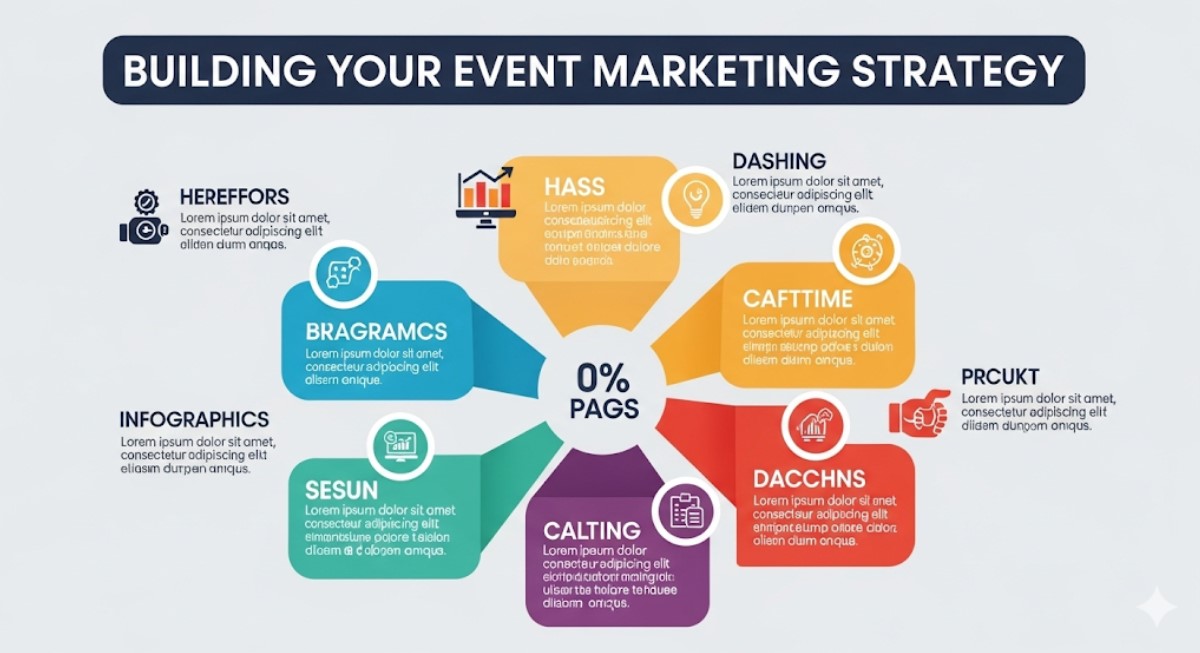
Define Clear Objectives
Successful event marketing begins with specific, measurable goals. Clear objectives guide decision-making and enable accurate ROI measurement. Explore Mastering Your Digital Marketing Strategy for aligning event objectives with overall campaigns.
Set concrete targets such as “generate 200 qualified leads” or “schedule 50 sales meetings” rather than vague goals like “increase awareness.” Clear objectives guide decision-making throughout the planning process and enable accurate ROI measurement.
Identify Your Target Audience
Deep audience understanding drives every strategic decision. Create detailed buyer personas including job titles, industries, company sizes, and pain points. For optimizing attendee engagement, check our email marketing strategies for events.
Research attendee demographics for potential events before committing resources. Many event organizers provide detailed attendee profiles, including seniority levels and purchasing authority. Align these profiles with your ideal customer characteristics.
Select the Right Events
Not all events deliver equal results. Evaluate potential events based on attendee quality, not just quantity. A smaller, highly targeted conference often generates better ROI than a massive trade show with mixed audiences.
Consider factors like attendee seniority, budget authority, and geographic relevance. Industry-specific events typically attract more qualified prospects than broad business conferences. Regional events might offer better access to key decision-makers than national gatherings.
Pre-Event Planning and Preparation

Create Compelling Content
Content serves as your competitive advantage at events. Develop presentations, case studies, and demonstrations that clearly communicate your value proposition. Focus on solving audience problems rather than promoting product features.
Prepare multiple content formats for different engagement levels. Quick elevator pitches work for booth interactions, while detailed presentations suit scheduled meetings. Interactive elements like calculators or assessments increase engagement and capture contact information.
Design Your Event Presence
Your physical or virtual presence must attract attention and communicate professionalism. Booth design should reflect your brand while facilitating conversations. Clear messaging, comfortable meeting spaces, and strategic product placement all contribute to success.
For virtual events, invest in quality audio-visual equipment and professional backgrounds. Technical difficulties undermine credibility and distract from your message. Test all technology extensively before going live.
Develop Lead Capture Systems
Efficient lead capture systems maximize your investment. Digital solutions like badge scanners or mobile apps streamline data collection while reducing manual errors. Integrate captured data directly into your CRM system for immediate follow-up.
Qualify leads during collection by asking strategic questions about budget, timeline, and decision-making authority. This information enables prioritized follow-up and accurate conversion tracking.
During-Event Execution
Maximize Networking Opportunities
Successful event marketers approach networking strategically. Research attendee lists in advance and schedule meetings with high-priority prospects. Use event apps and social media to identify and connect with potential customers before arriving.
Train team members on effective networking techniques. Practice elevator pitches, prepare thoughtful questions, and establish clear handoff procedures for qualified leads. Consistency across team members reinforces your professional image.
Engage Attendees Effectively

Active engagement differentiates your company from passive exhibitors. Host interactive demonstrations, conduct live polls, or offer valuable resources like industry reports. These activities attract crowds while providing natural conversation starters.
Position team members strategically throughout your space to intercept passersby and guide them through your experience. Avoid having all staff members clustered together, which creates an intimidating environment for visitors.
Collect and Qualify Leads
Lead qualification during events saves time and improves conversion rates. Develop a simple scoring system based on criteria like budget authority, project timeline, and solution fit. Focus additional time on high-scoring prospects while ensuring all leads receive appropriate follow-up.
Document conversation details immediately after each interaction. Key information includes specific pain points, budget ranges, and next steps. This context proves invaluable during follow-up conversations.
Post-Event Follow-Up and Nurturing
Immediate Follow-Up Protocol
Speed determines success in post-event follow-up. Contact qualified leads within 24-48 hours while your conversation remains fresh in their memory. Personalized messages referencing specific discussion points significantly outperform generic templates.
Segment leads based on qualification scores and customize follow-up approaches accordingly. High-priority prospects might receive phone calls, while lower-priority leads get educational email sequences. This tiered approach ensures appropriate resource allocation.
Long-Term Nurturing Campaigns
Event-generated leads often require extended nurturing before making purchase decisions. Develop automated email sequences that provide relevant content based on interests expressed during the event. Case studies, industry insights, and product updates keep your solution top-of-mind.
Track engagement levels to identify when prospects become sales-ready. Increased email opens, website visits, or content downloads often signal renewed interest and trigger direct sales outreach.
Measuring Event Marketing ROI
Key Performance Indicators
Effective measurement requires tracking multiple metrics throughout the event lifecycle. Lead generation metrics include total leads captured, qualified leads identified, and cost per lead. Engagement metrics cover booth traffic, presentation attendance, and social media interactions.
Revenue metrics provide the ultimate success indicator. Track meetings scheduled, proposals requested, and deals influenced or closed. Attribution can be challenging with long sales cycles, but consistent tracking reveals event impact over time.
Tools and Analytics
Modern event marketing benefits from sophisticated analytics tools. Event management platforms provide detailed attendee engagement data, while CRM integration enables long-term conversion tracking. Social media monitoring tools measure brand awareness and sentiment changes.
Marketing automation platforms help track lead progression through nurturing campaigns. This data reveals which post-event content types and timing generate the best results, informing future campaign optimization.
Budget Allocation and Cost Management
Strategic Budget Planning
Event marketing budgets must balance reach with quality. Major trade shows require significant investments but offer broad exposure. Smaller, targeted events cost less while potentially delivering higher-quality leads. Diversify your event portfolio to balance risk and maximize opportunities.
Allocate budgets across the entire event lifecycle, not just attendance fees. Pre-event marketing, booth construction, travel expenses, and post-event follow-up all require funding. Many companies underestimate total costs and compromise their effectiveness.
Cost Optimization Strategies
Several tactics can reduce event marketing costs without sacrificing results. Partner with complementary vendors to share booth spaces and expenses. Negotiate package deals covering multiple events from the same organizer. Focus spending on high-impact elements like premium booth locations or exclusive networking opportunities.
Track cost-per-lead and customer acquisition costs by event to identify your most efficient investments. This data guides future event selection and budget allocation decisions.
Common Challenges and Solutions
Lead Quality Issues
Many companies struggle with generating high-quality leads at events. Combat this challenge through better pre-event targeting and improved qualification processes. Research attendee lists thoroughly and focus on events that attract your ideal customers.
Train staff to ask qualifying questions naturally during conversations. Develop a simple scoring system that team members can apply consistently. This approach ensures follow-up efforts focus on the most promising opportunities.
Competition and Differentiation
Standing out in crowded event environments requires creative approaches. Develop unique value propositions that clearly differentiate your offering. Interactive demonstrations, exclusive content, or industry insights can attract attention and create memorable experiences.
Monitor competitor activities at events and identify opportunities for differentiation. If competitors focus on product features, emphasize business outcomes. Where others use static displays, create interactive experiences.
Future Trends in Event Marketing
Technology Integration
Emerging technologies continue transforming event marketing. Artificial intelligence enables personalized content recommendations and automated lead scoring. Augmented reality creates immersive product demonstrations, while virtual reality transports prospects into simulated environments.
Marketing automation integration streamlines lead nurturing and improves conversion tracking. These technological advances enable more sophisticated and effective event marketing strategies.
Hybrid Event Models
The future of event marketing likely involves permanent hybrid formats combining in-person and virtual elements. This approach extends reach while maintaining the personal connections that make events powerful. Successful companies will master both formats and integrate them strategically.
Taking Action on Your Event Marketing Strategy
B2B event marketing success requires strategic planning, flawless execution, and systematic follow-up. Start by clearly defining your objectives and identifying the right events for your target audience. Invest in compelling content and efficient lead capture systems. Most importantly, commit to immediate and ongoing follow-up that nurtures prospects through your sales cycle.
Begin implementing these strategies with one carefully selected event. Master the fundamentals before expanding your event marketing portfolio. Track results meticulously and refine your approach based on data and feedback. With consistent effort and strategic thinking, event marketing can become your most powerful channel for generating qualified leads and accelerating business growth.
The companies that thrive will be those that view event marketing as an integrated part of their overall marketing strategy, not an isolated activity. Start planning your next event marketing initiative today, and watch as meaningful connections transform into measurable business results.
Frequently Asked Questions (FAQ)
How do I choose the right type of event for my B2B business?
Start by defining your objectives and target audience. Trade shows are ideal for broad exposure, executive roundtables work well for high-value prospects, and webinars are cost-effective for lead nurturing. Align event type with your marketing goals and resources.
What is the ideal lead follow-up timeline?
Contact qualified leads within 24-48 hours after the event. Quick, personalized follow-ups maintain engagement and improve conversion chances. Continue nurturing leads through automated campaigns or targeted content until they’re ready to purchase.
How do I measure the ROI of a B2B event?
Track metrics across multiple dimensions: number of leads captured, lead quality, sales meetings scheduled, deals closed, cost-per-lead, and overall revenue influenced by the event. Combine quantitative data with qualitative feedback for a complete view of success.
Should I invest in hybrid or fully virtual events?
It depends on your audience, budget, and objectives. Virtual events are cost-effective and accessible, while hybrid formats offer personal engagement combined with digital reach. Many companies find a hybrid approach balances scalability with relationship-building.
How can I differentiate my company in a crowded event environment?
Focus on creating memorable, interactive experiences. Offer unique content, immersive demonstrations, and actionable insights rather than just promoting products. Personalize interactions and emphasize the value attendees receive from engaging with your brand.
How do I ensure my event team performs effectively?
Clearly define roles, train staff in networking and lead capture, align sales and marketing efforts, and create standard operating procedures for consistent follow-up. Practice scenarios and prepare for technical or logistical challenges beforehand.


